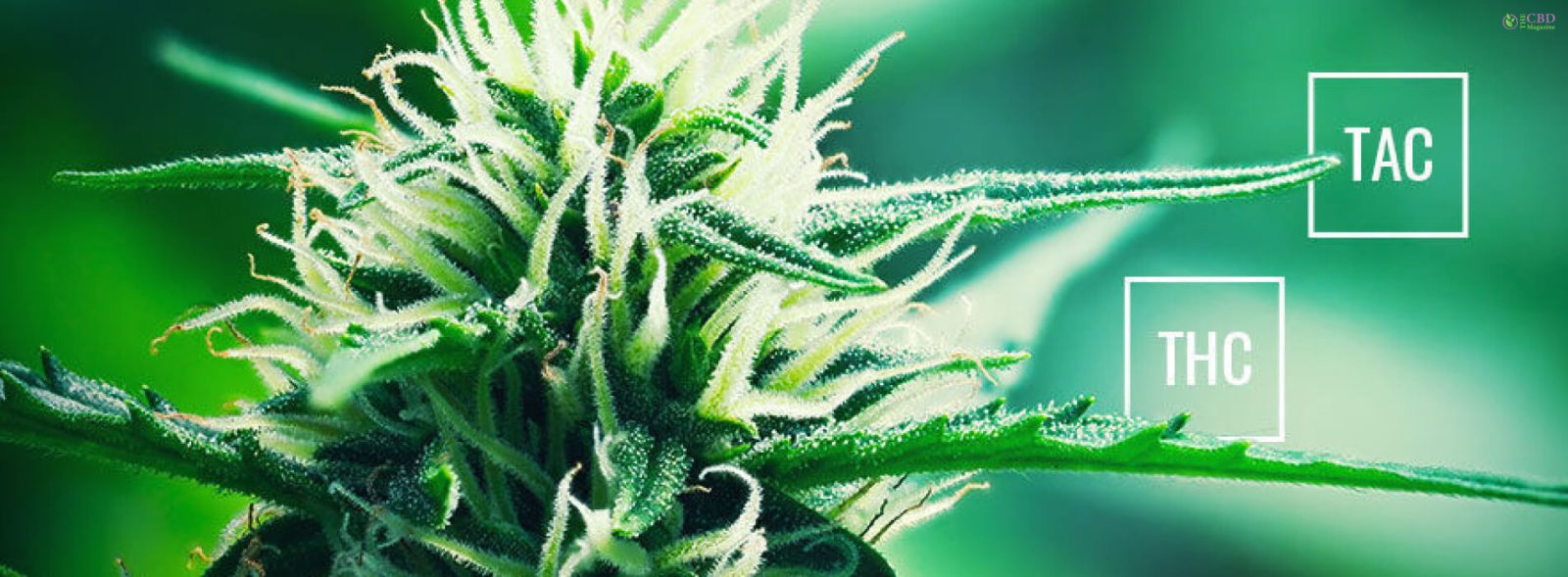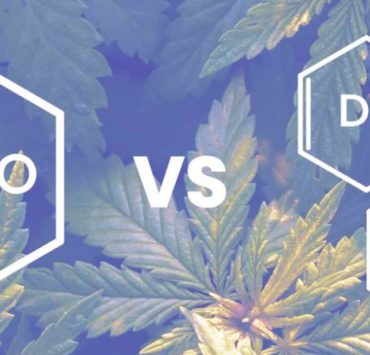Samik has been a literature student all along and uses…
What is TAC vs THC? Is this what you were looking for? Then you are at the right place, my friend. This TAC vs THC comparison is all set to clarify all of your doubts regarding both of these components. So sit back and let me help you educate so that you know your ganja.
What Is THC?
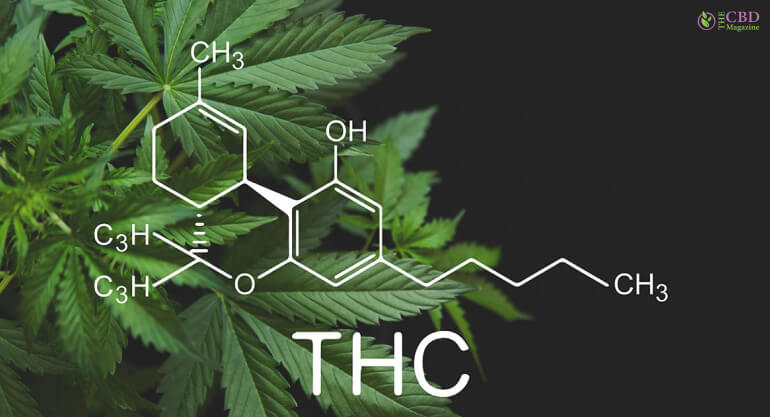
If you are one of the regular visitors to our page, then I am pretty sure you must have heard me throw around the term THC quite a number of times. But what is it? THC, or tetrahydrocannabinol, is one of the primary chemicals that are present in your favorite cannabis. THC, along with CBD, are the two chemicals that give you that characteristic high after consumption. Therefore, THC is an integral part of the whole cannabis experience.
Some of the studied or documented effects of THC-laden cannabis include certain specific effects, which include bursts of euphoria, creativity, and a strong couch-lock tendency. The intensity of the effects might vary, but the general effects remain mostly similar across the board.
Now it would be wrong of me to accredit THC with all those groovy sensations. Along with THC, there are other chemicals present, but the percentage of THC is higher compared to the other cannabinoids is much higher. This is why scientists believe that THC is the driving force behind the cannabis experience.
One fun fact about THC is that THC is not readily available in a dry cannabis flower. In fact, in a dry flower, the chemical that is present is known as THCA or tetrahydrocannabinolic acid. Only when this THCA goes through a process of conversion does it become THC. This conversion is brought by making the chemical go through heat or is decarboxylated. In fact, decarboxylation is the process that activates the THCA and CBDA and makes them psychoactive in nature.
What Is TAC?
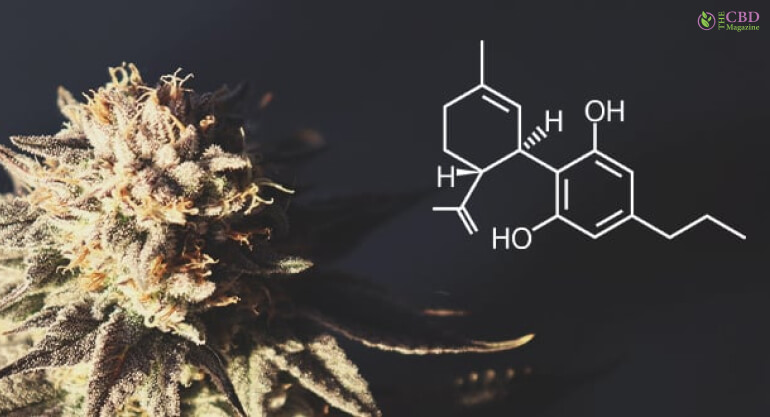
TAC cannabinoids, or as it is popularly known as Total Active Cannabinoids, is a little more complex term than our THC. TAC in weed can be simply referred to as the sum total of all the cannabinoids present in your cannabis product. Therefore, this is an umbrella term that houses a lot of major and minor cannabinoids that are noteworthy.
The TAC of a plant is usually calculated using several compounds of your cannabis plants. The reason behind this is that TAC also contains other chemicals like fatty acids, alkaloids, glycoproteins, terpenoids, flavonoids, etc.
Due to the wide range of chemicals present under the term TAC, it is primarily used for cannabinoid compound analysis. This analysis studies which compounds are active and which are dormant. This enables researchers to understand the chemical status of the cannabis.
Till now, scientists have identified around 400 identifiable compounds that riddle the chemical composition of a cannabis plant. Out of these 400 compounds, around 100 are identified as cannabinoids. If not for TAC analysis, scientists would not have had a proper idea about the chemical composition of cannabis. As a result, TAC is seminal in understanding the substance with more depth.
THC & TAC Relationship
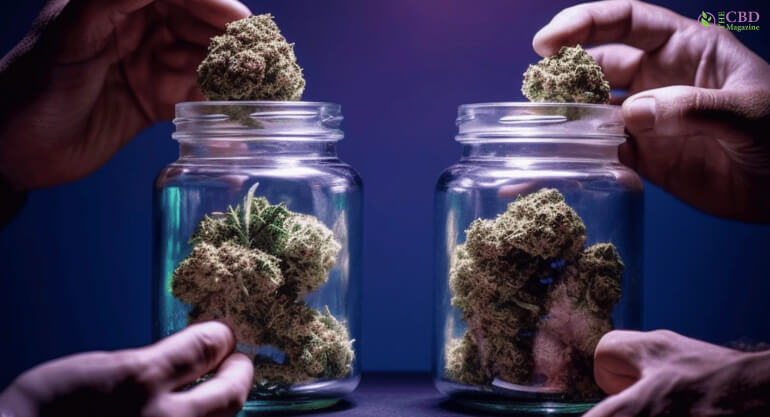
Now that you know what THC and TAC are, I think it is time that we delve a little deeper into the TAC vs THC conversation. But first, let us see how these two chemicals are related to each other. This will provide us with a more objective perspective on the substances and how they stack up in the grand scheme of all things cannabis.
If we are discussing the relationship between THC and TAC, we need to know the phenomenon of the entourage effect. Researchers explain the entourage effect as nothing but different cannabinoidsThe Benefits And Effects Of THC-O: A Comprehensive Guide, terpenes, etc., coming together to create something unique. Since the effect engages all the chemicals present in a cannabis plant, it automatically means that this falls under the TAC. Now, since THC is the most potent and widely available chemical component present in cannabis, it means that there would be no entourage effect without THC.
Moreover, as explained earlier in this article. TAC is the sum total of all the chemicals present in a cannabis plant. Therefore, if we are TAC profiling a plant, we cannot do so without factoring in the THC content of the plant. Hence, THC and TAC are deeply related to each other.
THC & TAC Differences
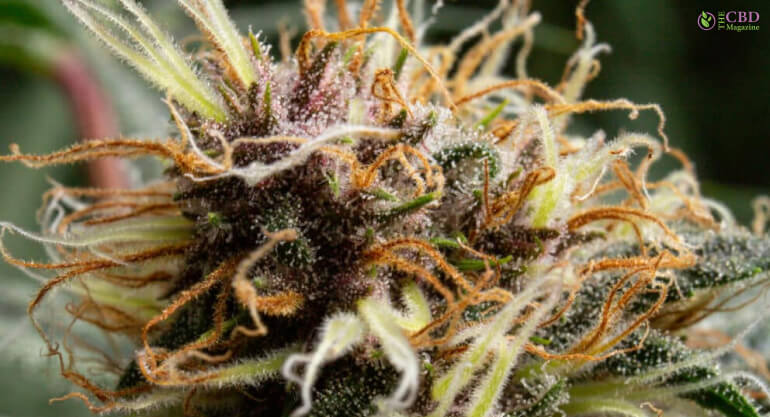
This THC vs TAC comparison would essentially be incomplete if we do not discuss some of the obvious differences that you need to know. If you discuss from a profiling perspective. Then, the obvious difference includes the range.
THC profiling of cannabis is important as it can provide valuable insight into the potency and effects of the substance. This includes the analysis of the psychoactive nature of the substance, along with the potency. However, TAC, on the other hand, analyzes the broad spectrum chemical composition of cannabis. This not only includes the flavonoids and terpenes but THC as well. So, TAC is a more accurate analysis if you are looking to understand the complete chemical composition of the cannabis of your choice.
How Does TAC Influence The Entourage Effect?
Total Active cannabinoids play a crucial role in determining the overall potency of a cannabis plant. The total amount of cannabinoids actively present in a cannabis plant comes together to formulate a synergistic effect known as the entourage effect. So in theory, TAC is the biggest contributor to the entourage effect.
However, researchers have pointed out that along with cannabinoids there are other important compounds present as well. These include terpenes, fatty acids, flavonoids, etc. Even Though TAC does not take these compounds into consideration, the entourage effect relies on each and every one of them.
If we try to look at what are terpenes, we will know that these compounds are not unique to cannabis. In fact, these terpenes can be found across the board in several different crops like flowers, fruits etc. Some of the most potent and famous cannabinoids include linalool, pinene, limonene and eucalyptol. All of these terpenes present flavors as well as some psychedelic properties to the cannabis.
So, even though TAC does not acknowledge the presence of other compounds like terpenes, flavanoids, etc., all of these do add to the TAC profile which in turn has a greater influence on the entourage effect. This is how the entourage effects come into being.
THC vs TAC User Review
According to an active user who wishes to remain anonymous, comparing THC and TAC is equivalent to comparing a solo artist with a band. How do you think that conversation would go? Both are important, and both add significantly to the experience. Therefore, there is no way that you can or should compare.
But if you still want a comparison, here it is. While THC-favored consumption is something that solely focuses on the high of the specific nug, TAC-favored consumption is more about experiencing the nuances of the substance. Therefore, pick your poison accordingly.
The Final Thought
And with that, we have reached our tac vs thc conversation. This is a heated topic of discussion in the cannabis community. However, I personally believe that there is no way to isolate these two factors while consuming. So, one should be more welcoming of both of them in order to truly understand the overall essence of cannabis consumption. Another small aspect that every cannabis consumer must remember is that even though THC vs TAC tries to present a brief idea about what to expect from a strain while smoking. It is not a conclusive answer to what might happen to you. The compounds affect every individual differently. So, keeping that in mind, approach the cannabis with caution and tactfulness.
Additional Reading:
Samik has been a literature student all along and uses his fluidity to write about multi-niche topics. Aspiring to be a professional writer, he tries to analyze his topic from a critical standpoint but still adds a hint of personal perspective to the end product. Being a person having a general inclination toward global politics and documentary filmmaking, he also wishes to write and document more about numerous conflicts that are brewing in the different corners of the globe.






